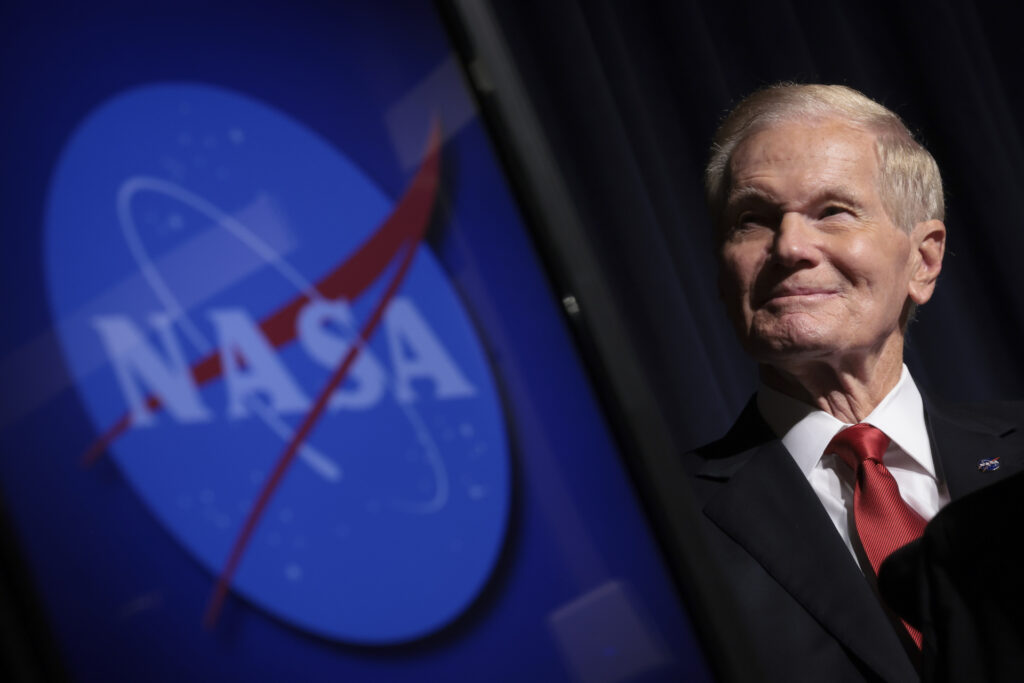NASA has published its first-ever study into hundreds of alleged UFO sightings in recent decades, and has concluded that there is “no reason” to believe any of them are aliens.
“At this point there is no reason to conclude that existing UAP reports have an extraterrestrial source,” NASA said in its 33-page report, published Thursday.
Rather than using the term UFO, the government calls unexplained sightings UAPs, which refers to an “unidentified aerial phenomena.”
Reporter questions NASA head Bill Nelson:
Reporter: “A month and a half ago David Grusch said under oath in Congress that the US government is in possession of UFOs.”
Nelson: “Where’s the evidence? Just the facts, just the facts, show me the evidence.” pic.twitter.com/XO6Vg7mQd0
— Citizen Free Press (@CitizenFreePres) September 14, 2023
The agency went on to say, “However, if we acknowledge that as one possibility, then those objects must have traveled through our solar system to get here. Just as the galaxy does not stop at the outskirts of the solar system, the solar system also includes Earth and its environs.”
NASA also claimed that the study of UAPs will require new scientific techniques — such as advanced satellites — and that the act of reporting unidentified aerial phenomena needs to be destigmatized or else it could pose an obstacle to collecting data.

WASHINGTON, DC – SEPTEMBER 14: NASA Administrator Bill Nelson attends a press conference at NASA headquarters on September 14, 2023 in Washington, DC. NASA announced the agency has appointed a new director of research to study “unidentified anomalous phenomenon”, formerly referred to as UFOs. (Photo by Win McNamee/Getty Images)
“The negative perception surrounding the reporting of UAP poses an obstacle to collecting data on these phenomena,” the report read. “NASA’s very involvement in UAP will play a vital role in reducing stigma associated with UAP reporting, which almost certainly leads to data attrition at present.”
The study also noted that, to date, most alleged UAP sightings are recorded with sensors and other equipment that isn’t meant for such purposes or they are captured under accidental or “serendipitous” circumstances.
“At present, the detection of UAP is often serendipitous, captured by sensors that were not designed or calibrated for this purpose, and which lack comprehensive metadata,” the agency said.
NASA recommended that it “explore the viability of developing or acquiring a crowdsourcing system, such as open-source smartphone-based apps, to gather imaging data and other smartphone sensor data from multiple citizen observers” in order to better gather UAP reports from the public.
“In the search for life beyond Earth, extraterrestrial life itself must be the hypothesis of last resort — the answer we turn to only after ruling out all other possibilities,” the report read.
“As Sherlock Holmes said, ‘Once you eliminate the impossible, whatever remains, no matter how improbable, must be the truth,’” NASA added.
The NASA report concluded by recommending that the agency “play a prominent role” in the effort to understand UAPs.
“We recommend that NASA play a prominent role in the whole-of-government effort to understand UAP by leveraging its extensive expertise to contribute to a comprehensive, evidence-based approach that is rooted in the scientific method,” NASA asserted.
“NASA is uniquely positioned to contribute to a robust and systematic approach to studying UAP, furthering its mission of advancing scientific knowledge, technical expertise, and exploration,” it said.
“The positioning of NASA’s role should further be situated within the context of the broader whole-of-government approach to understanding UAP,” the report concluded.
You can follow Alana Mastrangelo on Facebook and Twitter at @ARmastrangelo, and on Instagram.


